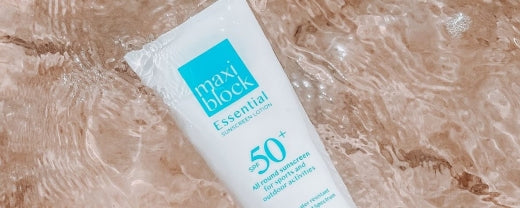
Can a sunscreen be natural?
Share
Dubious Claims
Numerous products on the market wear the natural badge and make various claims. For those of us who desire natural products, natural sunscreens sound like a great proposition. Let’s check the facts.
First, regulatory authorities have approved only a limited number of UV filters for use in sunscreens. Any cosmetic product claiming activity from non-approved ingredients to achieve sun protection is, literally, playing with fire.
Approved UV filters can be split into 2 chemical categories: organic chemistry (organic meaning carbon-based); or inorganic chemistry (mineral-based metal oxides).
Most approved UV filters fall into the organic class, i.e. they have been invented by scientists.
Two inorganic, mineral-based UV filters are approved for sunscreens: titanium dioxide and zinc oxide. The former is a strong UVB absorber crafted by scientists and is therefore not natural. The latter is a white mineral with UV absorbing, mild antimicrobial and anti-inflammatory properties. Zinc oxide is used in many applications such as tire manufacturing or baby nappy rash creams.
Although zinc oxide is naturally occurring under a rare crystal form (known as zincite), that natural form is not usable for modern sunscreens.
The zinc oxide usable as a UV filter in sunscreens is produced in chemical plants using zinc chemicals as raw materials and is no more and no less natural than its organic cousins. A mineral sunscreen therefore cannot be natural.
Learn more about the difference between chemical and mineral sunscreens.
